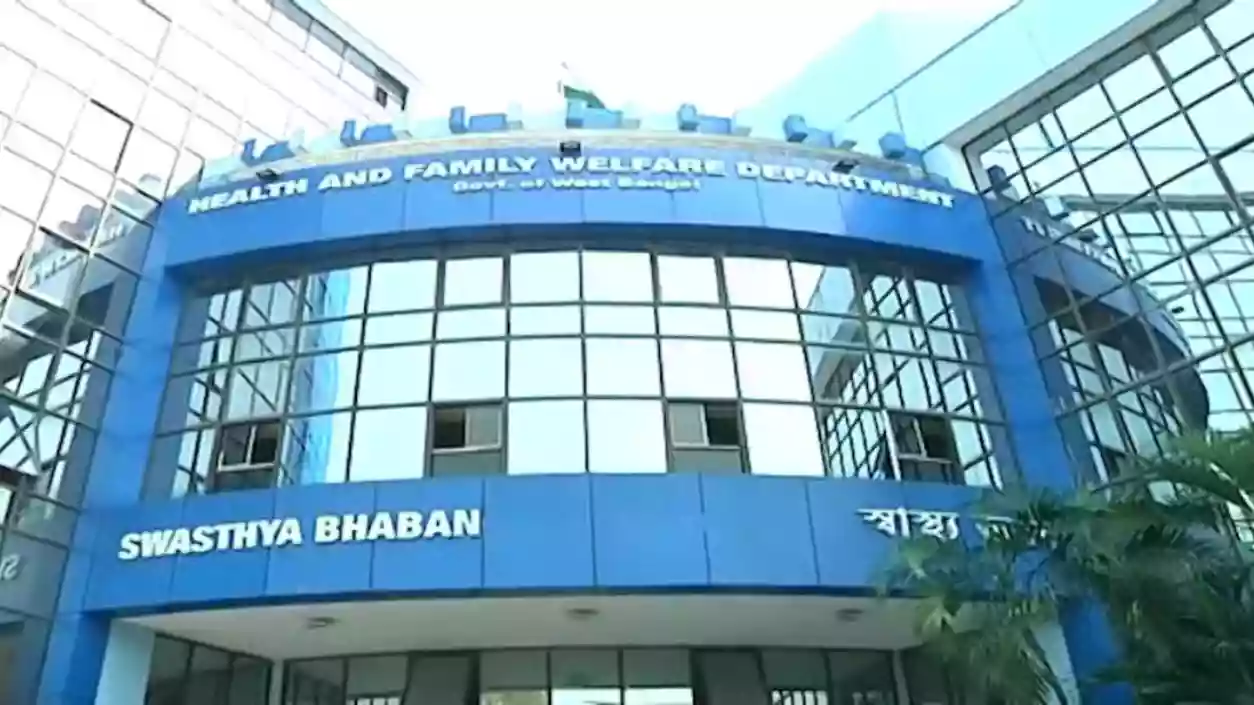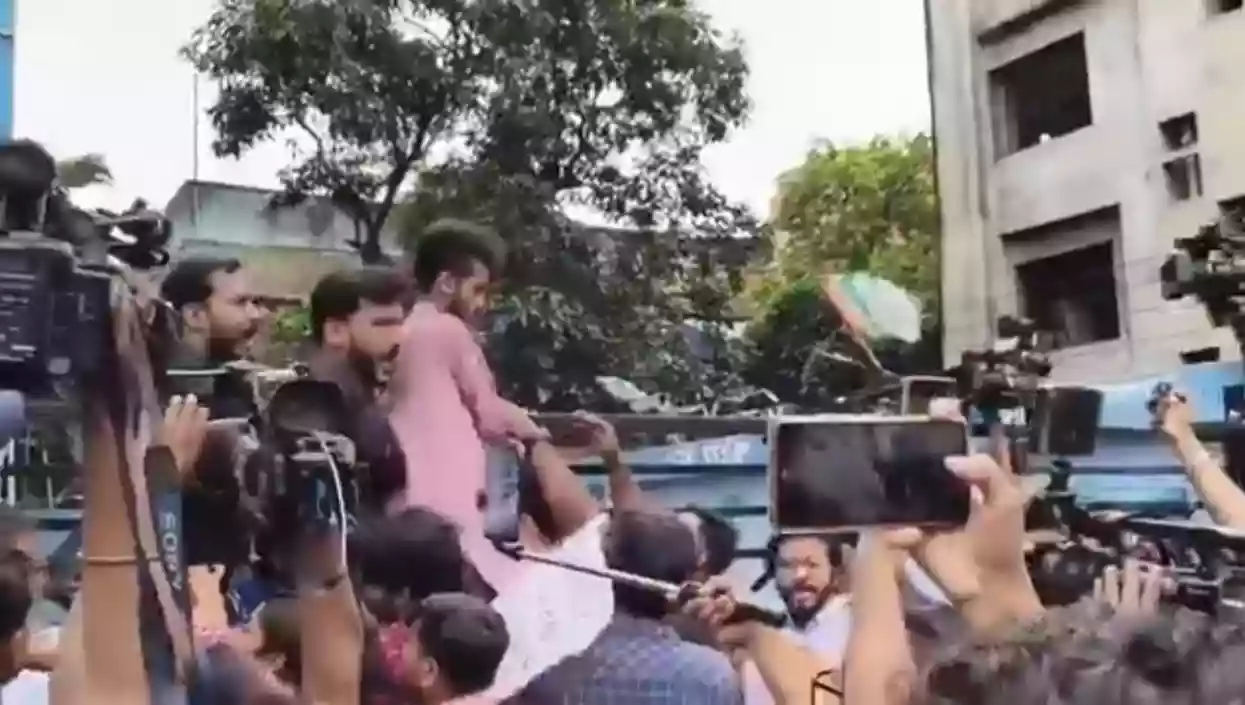Protests erupt outside Kasba Police station as 3 arrested in alleged Kolkata college gang rape
.gif)
.gif)

The Health Department has issued detailed guidelines to government hospitals across the country to curb the circulation of counterfeit medicines. Principal Secretary Narayan Swaroop Nigam has directed medical staff to take specific actions to prevent the illegal drug trade. According to him, the investigation process has already been communicated to all relevant authorities.
As per the directive, hospitals must maintain records of each medicine or injection administered, including the batch number. This information is to be recorded before use and submitted at the end of each day to the Vice-Principal (Medical) of the hospital. Additionally, the data must be forwarded within 24 hours to the District Drug Control Officer or the District Magistrate.
Sources from the Health Department confirmed that a fresh list of essential medicines is prepared every year for government hospitals. These include drugs required for surgeries as well as treatments for fever, cold, heart diseases, and brain stroke prevention. The department emphasizes routine documentation and monitoring of these medicines.
An official stated that around 1,700 types of medicines are required annually in hospitals across the country, including in West Bengal. For rare and ultra-rare diseases, there are nearly 300 distinct groups of drugs and injections. These are procured directly from the Union Health Ministry and are subject to strict handling procedures.
The responsibility of overseeing and ensuring the authenticity of medicines has been assigned to senior resident doctors or assistant professors in medical colleges and hospitals. The Health Department will also run ongoing campaigns to detect and remove counterfeit drugs from hospital stocks through regular monitoring.
.webp)
Muslim family leads 400-year-old Rath Yatra in Howrah symbolising Bengal’s communal harmony

Protests erupt outside Kasba Police station as 3 arrested in alleged Kolkata college gang rape